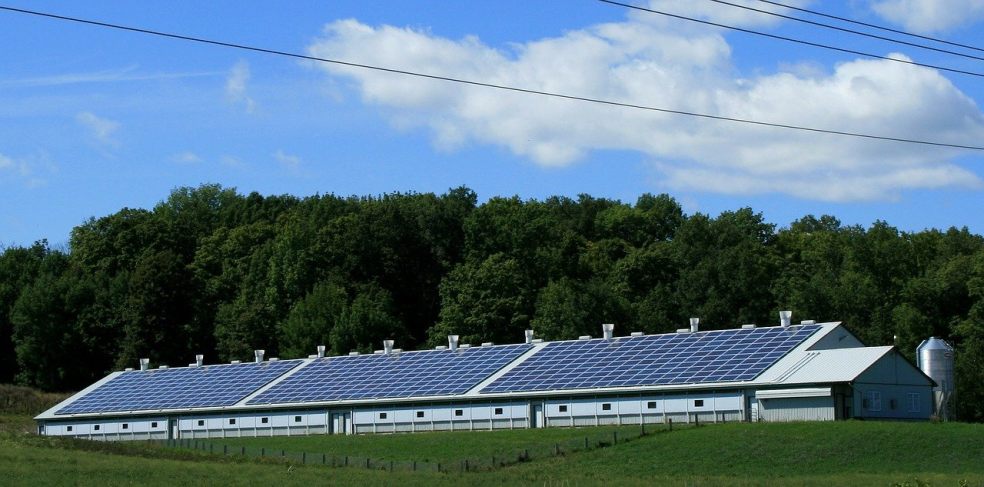
What is the ESG framework? Who created it and why you should care
Socially responsible investors are looking for companies that not only make money but also do good in the world. They consider environmental factors when investing because it's important to them personally and professionally - so much, so they have a term called ESG or " environmentally social governance."
Environmental factors include sustainable products, global emissions and the way the company manages its waste. Social factors include diversity in hiring, harassment policies, community equality, and other aspects that impact how employees are treated at work. Governance includes quality of management leadership and board oversight compliance to laws along with legal matters like lawsuits.
What is ESG Framework?
ESG Framework is a methodology for incorporating Environmental, Social, and Governance (ESG) data into investment analysis. The framework has three components - source of information, ESG scores that are calculated and how it is used in the analysis.
The source of information can be either public or private. Public sources include SEC filings like 10-Ks and S-1s, while private sources include surveys and questionnaires sent to companies.
ESG Scores are calculated by various rating agencies. The most common ones are MSCI, Sustainalytics, and ISS- which use different methodologies to score companies.
How ESG is used in analysis can be in the form of ratings, scores, or qualitative write-ups. Ratings can be done on different variables like overall score, climate change impact, human rights, and more. For example, Morningstar assigns companies an overall rating, with Gold being highly rated to indicate red status requiring monitoring.
The concept itself has been around since the 1960s when it was "socially responsible investing" or SRI. The first SRI mutual fund was created in 1971 and focused on environmental, social, and religious factors.
However, it wasn't until the early 2000s that ESG started to gain traction as a serious investment consideration. This was likely due to two big events- the collapse of Enron and the global financial crisis.
After the financial crisis, investors were looking for ways to reduce risk in their portfolios, and ESG was seen as a way to do that. Because ESG factors can be early warning signs of potential risks, investors started using it as a way to screen out companies with poor environmental or social performance.
In 2017, BlackRock announced it had $6 trillion of assets under management using ESG factors. CalPERS and CalSTRS, the nation's two largest public pension funds California Public Employees' Retirement System and California State Teachers' Retirement System, have also been big proponents of ESG investing.
Even so, some critics have called ESG investing a " fad."
While ESG investing is growing, it currently only makes up around 10% of all investments worldwide.
Why wasESG Framework created?
ESG Framework was created because of a lack of standards on how to evaluate companies. It was created by The Global Reporting Initiative (GRI).
Why ESG Framework is Important and Why You Should Care?
ESG Framework is important because it provides a way for investors to measure a company's environmental, social, and governance performance.
The framework is also important because it can be used as a way to screen out companies with poor environmental or social performance.
This is important because we live in a world where we are increasingly aware of the impact our actions have on the environment and on society.
As investors, we should care about ESG Framework because it can help us reduce risk in our portfolios, and it can help us identify companies that are doing well socially and environmentally.
ESG Framework is also important because it is a way for us to invest in the future. By investing in companies that are environmentally and socially responsible, we can help them to become more sustainable. This is important because it is our responsibility as investors to think about the long-term implications of our investments.













